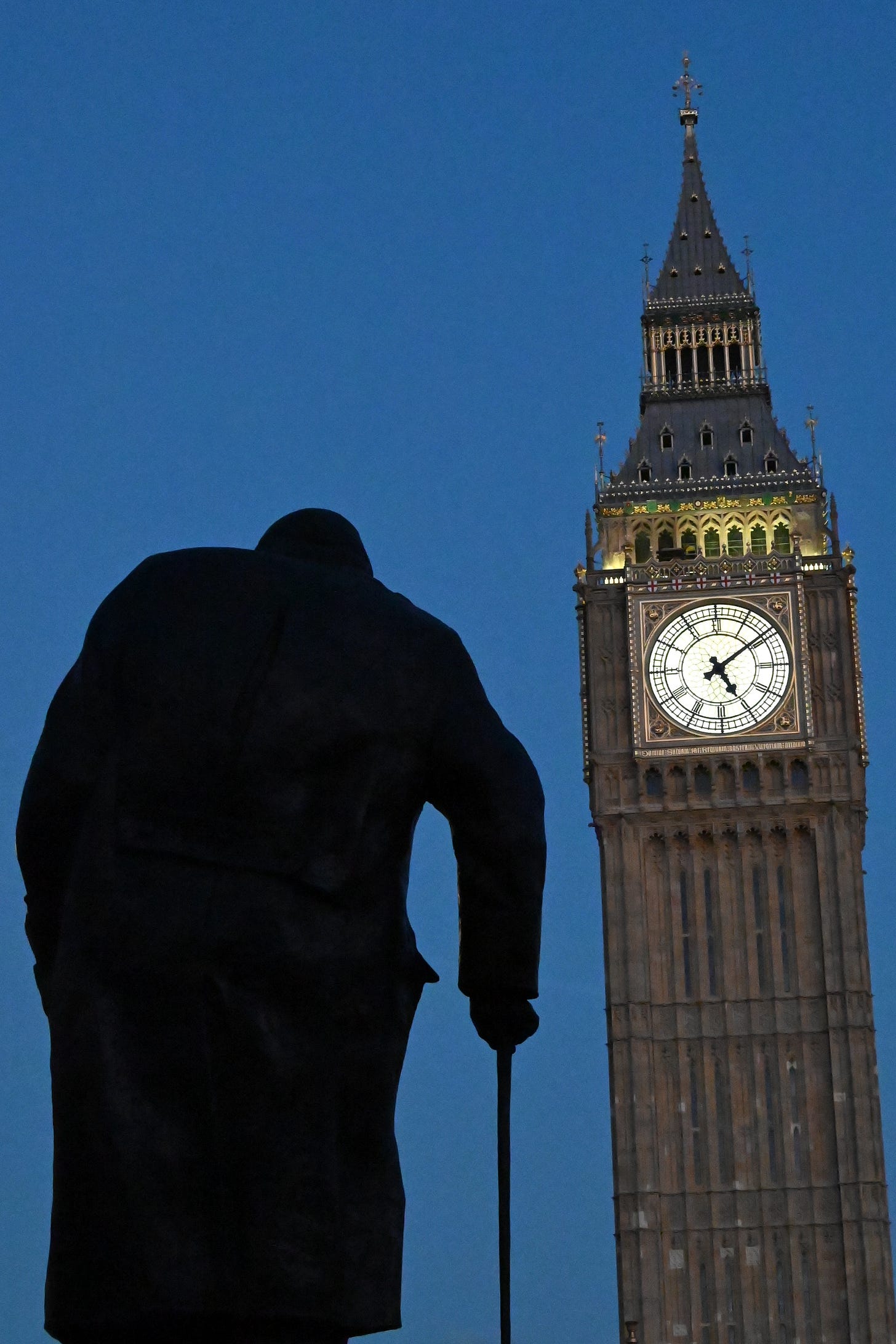The right sort of democracy
A surprising conflict is emerging between between human rights and democracy
Anyone familiar with the European Convention on Human Rights will know that the values to be expected in a democratic society run right through the Convention like words through a stick of rock. So it comes as something of a surprise when one finds judges who were appointed to decide human rights issues downplaying the virtues of democracy.
This, for example, is what the immediate past president of the European Court of Human Rights, Robert Spano, had to say a few weeks ago when asked about possible conflicts between decisions of his (former) court and the wishes of democratically-elected legislatures:
You may have a government which no longer is willing to respect your rights and you will want in that instance – hopefully it will never happen – but you will want some protections. You will want to be in a position where you don’t have to rely on a political majority for the prosperity in your life. That is the answer I usually give.
Robert Spano speaking on 15 September 2023 at 57:11 (in response to my question at 53:29)

The Convention was created in the aftermath of the Second World War by nations who thought that never again should Europe fall prey to the atrocities seen during, and before, the war. Many of today’s commentators think it ironic that Conservative MPs, led by Winston Churchill, were at the forefront of writing the Convention and yet it is today’s Conservatives who talk about withdrawing from it.
But is it the Conservative Party that has changed or the Convention? Or both? And who wants to live in today’s world with a 1950s mindset? When the Convention came into being, sexual acts between males were a criminal offence in much of the Western world. Britain was among the first countries to decriminalise them, but not until 1967, twelve years after Churchill left office for the final time.
And not because of anything said or done by the European Court of Human Rights, which dismissed complaints about the criminalisation of homosexuality as “manifestly ill-founded” until 1978. The Court doesn’t take that approach now. That is because the Convention is no longer interpreted by judges in a way that the Convention’s architects envisaged. The Convention is treated by the Court as a “living instrument” that moves with the times.
But it moves in a way that is determined by the Court, not by parliaments. And in one direction only. That is because the Court decided:
The Convention is a living instrument which must … reflect the increasingly high standard being required in the area of the protection of human rights, thus necessitating greater firmness in assessing breaches of the fundamental values of democratic societies
Decision of the court at paragraph 146 of Demir and Baykara v. Turkey, 12 November 2008
Note the Court’s appeal to “democratic societies” and yet the assumption that this means an “increasingly high standard” that human rights must rise to.
We have become accustomed to the idea that it is only the “bonkers” wing of the Conservative Party who would consider undermining human rights. But that is to forget that Tony Blair, whose own government created the Human Rights Act in the UK, also threatened to amend the Act if it blocked him from treating foreign terror suspects in the way that he wanted to do:
Should legal obstacles arise, we will legislate further including, if necessary, amending the Human Rights Act in respect of the interpretation of the European Convention on Human Rights.
Tony Blair, 5 August 2005
Those in today’s Conservative Party who want the UK’s human rights legislated for by the UK Parliament, with subsequent disputes decided by UK Courts, include MPs like Dominic Raab and Suella Braverman who don’t tend to win favourable judgements in the court of public opinion. This is what Raab had to say:
We’ll make crystal clear that the UK Supreme Court, not [the European Court in] Strasbourg, has the ultimate authority to interpret the law in the UK. … It will affirm, what should never have been put in doubt, that parliament has the last word on the law of the land in this country.
Dominic Raab, writing in the Times, 14 December 2021 (non-paywalled extracts have been re-produced by Joshua Rozenberg, here)
The common theme expressed by Blair and by Raab is that a UK government should only be constrained by the courts for as long as it takes a democratically elected Parliament to pass an overriding law (if it chooses to). So who should we trust more with our human rights: politicians that we elect or judges appointed by people we have elected?
Governments can, of course, veer to extremes. And Winston Churchill is famous for having expressed the view that “democracy is the worst form of Government except for all the others”. Except that he didn’t. He was quoting someone else in order to disagree with them:
Indeed, it has been said that democracy is the worst form of Government except all those other forms that have been tried from time to time; but there is the broad feeling in our country that the people should rule, continuously rule, and that public opinion, expressed by all constitutional means, should shape, guide, and control the actions of Ministers who are their servants and not their masters.
Winston Churchill, speaking in Parliament, 11 November 1947
What would the man who is widely credited with creating the Convention, and who spoke about democracy in that way, make of the “living instrument” that the Convention has been turned into by the court established to enforce its terms? Perhaps Europe should celebrate 70+ years of human rights by considering whether the instrument might now live with more respect for democracy.

